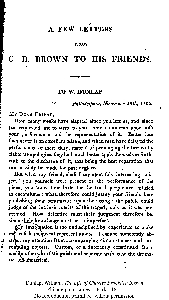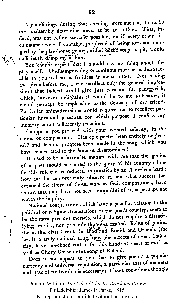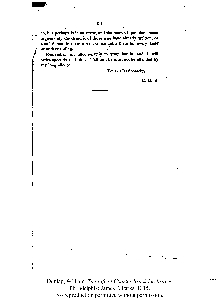 ― [page break] ― ― [page break] ―
Philadelphia, November 28th, 1794.
My Dear Friend,
How many weeks have elapsed since you left us, and since
you requested me to write to you some comments upon both
your performance and the representation of it. Better late
than never is an excellent adage, and when men have delayed the
performance of their duty, instead of prolonging the breach by
elaborate apologies, they had much better apply themselves forth-
with to the discharge of it, that being the best reparation that
can possibly be made for past neglect.
But what my friend, shall I say upon this interesting sub-
ject? you yourself were present at the performance of the
piece, you know how little the theatrical people are entitled
to encomiums; what, therefore, could justify your friends here
publishing their sentiments upon the acting: the public could
judge of the intrinsic merits of the tragedy only as it was per-
formed. How defective must their judgment therefore be,
since their knowledge must be so imperfect.
My imagination is too undisciplined by experience to make
me relish theatrical representations. I cannot sufficiently ab-
stract my attention from accompanying circumstances and sur-
rounding objects. Custom, or a differently constituted fancy
enable others to distinguish and separate with ease the drama-
tic and theatrical.
 ―92― ―92―
My sufferings during that evening were such as to make
me unalterably determine never to be an author. That, in-
deed, was not before scarcely possible, but if every other cir-
cumstance were favourable, the dread of being torn and man-
gled by the play house gentry, either of the stage or pit, would
sufficiently damp my ardour.
You cannot expect that I should say any thing about the
play itself. Undistinguishing encomiums must be as disagree-
able to you to hear as fruitless in me to utter. Not having
the piece before me, I can recollect only the general impres-
sion; that indeed would give just occasion for panegyrick,
which, however delightful it would be to me to bestow, it
would perhaps be unpleasing to the delicacy of my friend.
Particular animadversions would require me to recollect par-
ticular lines and passages, for which purpose I confess my
memory is not sufficiently tenacious.
I suppose you proceed with your wonted celerity, in the
career of composition. Has epic poetry been entirely neglect-
ed? and has no progress been made in the song which you
have consecrated to the fame of Aristomines?
It used to be a favourite maxim with me that the genius
of a poet should be sacred to the glory of his country; how
far this rule can be reduced to practice by an American bard;
how far he can prudently observe it, and what success has
crowned the efforts of those, who, in their compositions, have
shown that they have not been unmindful of it, is perhaps not
worth the inquiry.
National songs, strains which have a peculiar relation to the
political or religious transactions of the poet’s country, seem to
be the most precious morsels, which do not require a dissatis-
fying brevity, nor preclude the most exalted flights of genius,
for in this class I rank the Iliad and Eneid, and Orlando (the
last is a truly national song, since the streets of every Italian
city, have re-echoed with it for this hundred years or two) as
well as Chevy Chase or the song of Roland.
Does it not appear to you that to give poetry a popular
currency and universal reputation, a particular cast of manners
and state of civilization is necessary? I have sometimes thought
 ―93― ―93―
so, but perhaps it is an error, and the want of popular poems
argues only the demerit of those who have already written, or
some defect in their works, which unfits them for every taste
or understanding.
Remember me affectionately to your family, and I will
write speedily to Elihu. Tell him he must not be offended by
my long silence.
Yours affectionately,
C. B. B.
|